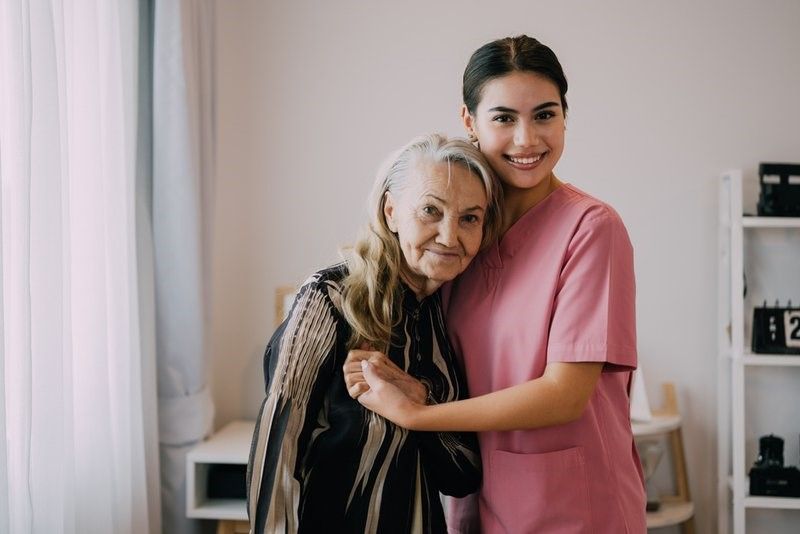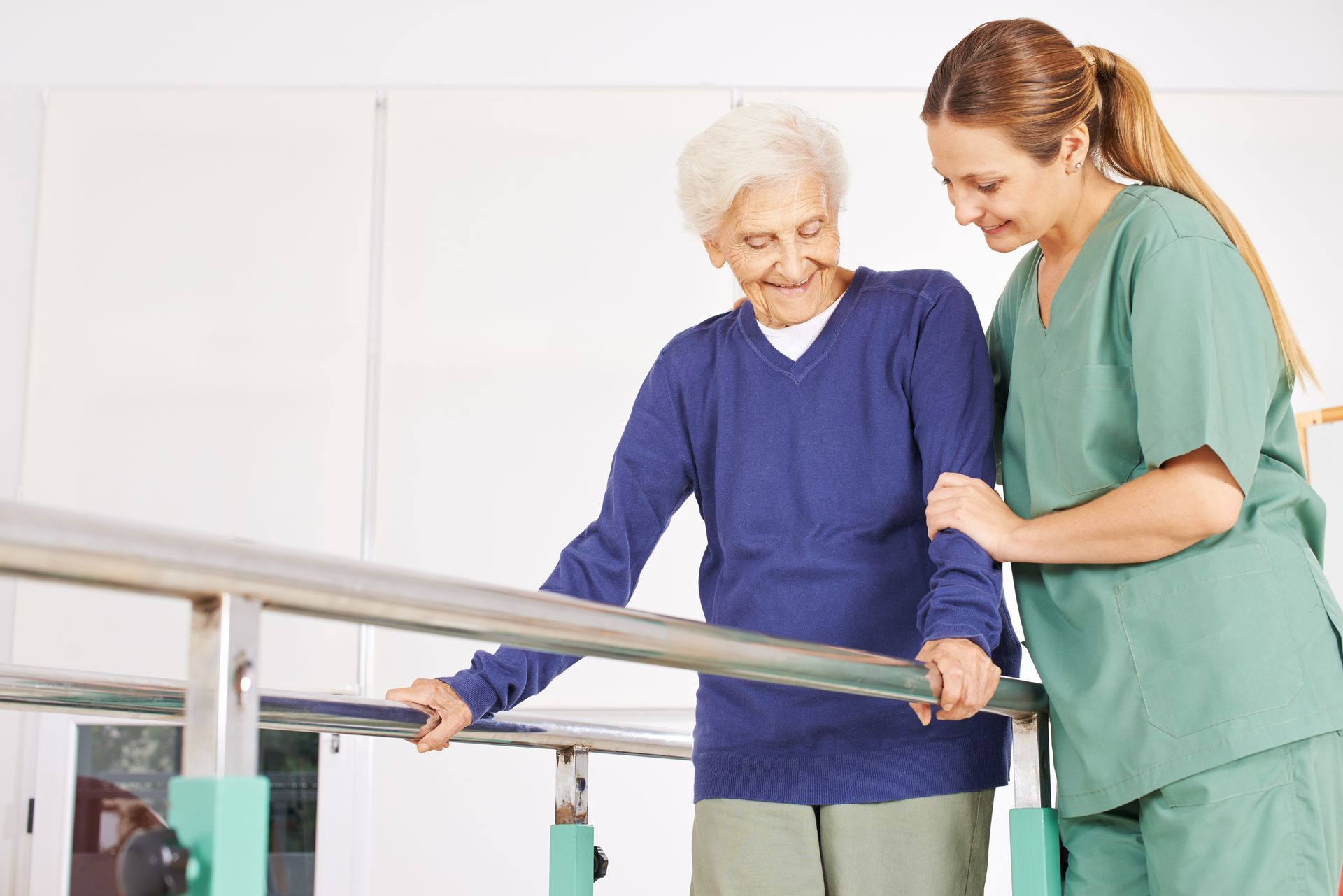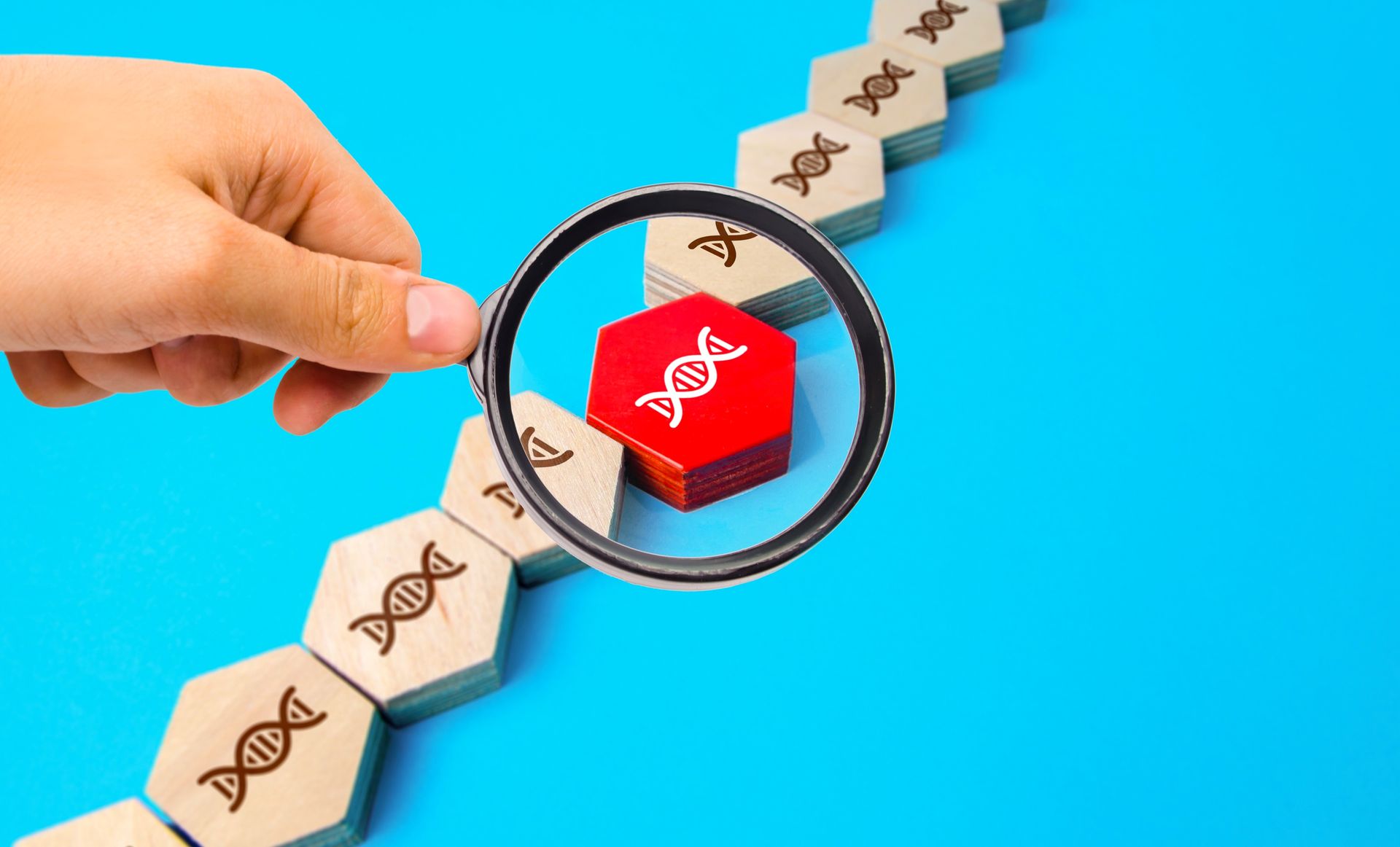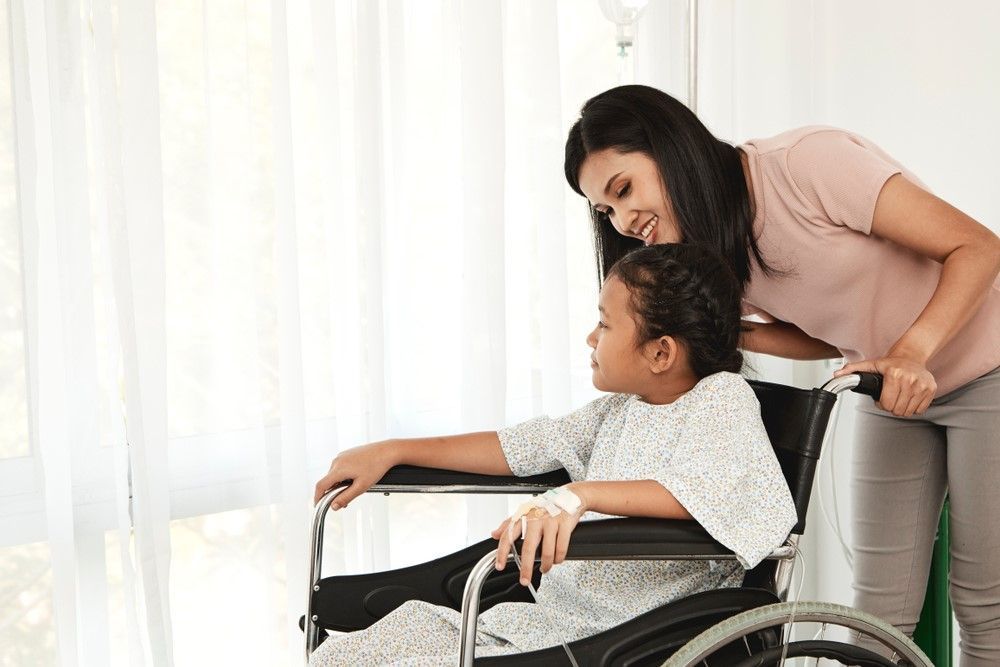A family owned business providing a full range of home health and school nursing services
Personal Aide Jobs: Be the Difference in Someone’s Healing Journey
Every healing journey needs more than just medical care. Above all, it requires compassion, companionship, and support for everyday living. Personal aide jobs fill this vital role, providing non-medical assistance that helps patients maintain dignity and independence while fostering a sense of normalcy in their lives.
At CritiCare, personal aides exemplify the heart of caregiving. From assisting with daily living tasks to becoming trusted companions, they are indispensable in ensuring patients thrive physically and emotionally in the comfort of their own homes.
What are Personal Aide or Pediatric/Geriatric Companion Jobs?
Personal aide jobs are roles centered around helping patients with non-medical tasks necessary for daily life. These aides work closely with patients in their homes, providing assistance tailored to individual needs. The primary focus is on enhancing quality of life, offering companionship, and supporting recovery through a blend of practical help and emotional care.
While personal aides are often associated with helping seniors, they also play a critical role for patients recovering from surgery, managing chronic illnesses, or living with disabilities. The goal is to ensure that patients feel supported, respected, and empowered throughout their healing journey.
Essential Responsibilities of Personal Aides or Pediatric/Geriatric Companion
The day-to-day responsibilities of personal aides revolve around providing essential care that contributes to a patient’s overall well-being. Key tasks include:
- Personal Hygiene Assistance: Helping patients with bathing, grooming, and other hygiene routines ensures they feel clean, refreshed, and comfortable. This promotes both physical health and emotional well-being.
- Dressing Support: Aides assist patients in selecting and putting on clothing, fostering a sense of independence and normalcy in their daily lives.
- Meal Preparation: Preparing meals tailored to patients’ dietary needs ensures they receive the necessary nutrition to support recovery and maintain strength.
- Mobility Support: Helping patients move safely around their homes reduces the risk of falls and supports physical activity, which is often critical in recovery.
- Medication Reminders:
While personal aides do not administer medication, they ensure patients stay on schedule with their prescribed treatments.
These tasks may seem routine, but they provide stability and reassurance for patients, laying the foundation for physical and emotional recovery.

The Human Connection in Personal Aide Jobs
One of the most rewarding aspects of personal aide jobs is the opportunity to build meaningful relationships with patients. The trust and rapport that develop between aides and their patients go beyond caregiving; they create a safe space for emotional expression.
Personal aides often act as confidants, allowing patients to share their feelings, fears, and experiences. Active listening and empathy are critical in strengthening these bonds. For patients who may feel isolated during recovery, a caring presence can provide immense comfort.
These connections are transformative for both patients and aides. For patients, the emotional support of a trusted companion helps alleviate loneliness, reduces anxiety, and fosters a sense of hope. For aides, the relationships they build often provide a deep sense of fulfillment and purpose.
The Emotional Impact of Personal Aides on Recovery
Emotional well-being plays a crucial role in physical recovery, and personal aides are instrumental in providing the companionship and encouragement that patients need to heal. Studies show that patients with strong emotional support systems recover more quickly and are more likely to adhere to treatment plans.
Aides contribute to emotional health in several ways:
- Reducing Isolation: For patients confined to their homes, personal aides provide much-needed social interaction, making them feel connected and valued.
- Encouraging Participation: Aides motivate patients to engage in activities that promote recovery, such as light exercises, social activities, or simply maintaining a daily routine.
- Promoting Positivity:
A cheerful, caring presence can uplift a patient’s mood, which is often crucial for overcoming emotional barriers to recovery.
Consider the story of a patient who was withdrawn and unmotivated after surgery. Over time, her personal aide’s consistent support and encouragement helped her regain confidence and enthusiasm, showcasing the profound impact of emotional care on recovery.
Flexibility and Fulfillment in Personal Aide Jobs
One of the key benefits of personal aide jobs is the flexibility they offer. Aides can often choose from a variety of schedules, making it easier to balance work with personal responsibilities. This flexibility is especially appealing to individuals with family commitments, retirees seeking part-time work, or those pursuing additional career opportunities.
Beyond flexibility, personal aides report high levels of job satisfaction due to the purpose-driven nature of their work. Knowing that their efforts directly impact a patient’s recovery and quality of life provides a profound sense of accomplishment.
A Career That Teaches Empathy and Resilience
While rewarding, personal aide jobs come with challenges that require emotional resilience and adaptability. Aides may encounter patients dealing with pain, frustration, or emotional struggles, which can be taxing. However, these experiences often teach valuable lessons in empathy, patience, and perseverance.

Many personal aides find personal growth through their work. They often share inspiring stories of how their patients have changed their outlook on life. For example, one aide recalled working with a terminally ill patient whose courage and positivity profoundly influenced her perspective on gratitude and living in the moment.
Who Thrives in Personal Aide Jobs?
While personal aide jobs are open to a variety of individuals, certain qualities contribute to success in this role:
- Compassion: The ability to empathize with patients and provide emotional support is central to this role.
- Patience: Recovery is a process, and aides need the patience to support their patients through ups and downs.
- Adaptability: Each patient is unique, and aides must tailor their care to meet individual needs.
- Physical Stamina: The job often involves assisting with mobility or performing light household tasks, requiring aides to maintain good physical health.
Making a Difference with CritiCare
At CritiCare, personal aides are the heart of home healthcare. Their contributions go beyond tasks—they build trust, create connections, and transform the lives of their patients. Personal aides help patients regain confidence and dignity in their everyday lives by providing essential non-medical support and fostering emotional well-being.
If you’re looking for a career that combines flexibility, purpose, and the chance to make a real difference, explore the opportunities offered by personal aide jobs at CritiCare. This role allows you to be an integral part of someone’s healing journey while experiencing the profound rewards of building trust and compassion.
Make an impact with every small act of kindness. Join CritiCare today!

CONTACT INFORMATION
Chadds Ford PA 19317
info@criticareplus.com
Mon-Fri 9:00 AM - 5:00 PM, Sat-Sun - Closed
24 Hours on call services
OUR LOCATION
BROWSE
CONTACT INFORMATION
Chadds Ford PA 19317
info@criticareplus.com
Mon-Fri 9:00 AM - 5:00 PM, Sat-Sun - Closed
24 Hours on call services
OUR LOCATION










